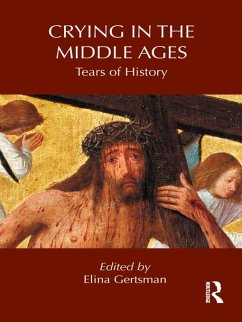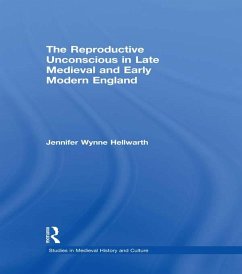
Coping with Crisis: The Resilience and Vulnerability of Pre-Industrial Settlements (eBook, ePUB)
Versandkostenfrei!
Sofort per Download lieferbar
41,95 €
inkl. MwSt.
Weitere Ausgaben:

PAYBACK Punkte
21 °P sammeln!
All pre-industrial societies had to face certain challenges: earthquakes, plague, warfare, soil erosion and subsistence crises. However, while some settlements were stable over the long term, other settlements proved more vulnerable to crisis. This book has been stimulated by the hypotheses put forward by a recent 'disaster studies' literature, which suggests that vulnerability of habitation is less to do with the crises themselves, but on endogenous societal responses. By testing the explanatory framework on several societies between the Middle Ages and nineteenth-century Europe, it is argued...
All pre-industrial societies had to face certain challenges: earthquakes, plague, warfare, soil erosion and subsistence crises. However, while some settlements were stable over the long term, other settlements proved more vulnerable to crisis. This book has been stimulated by the hypotheses put forward by a recent 'disaster studies' literature, which suggests that vulnerability of habitation is less to do with the crises themselves, but on endogenous societal responses. By testing the explanatory framework on several societies between the Middle Ages and nineteenth-century Europe, it is argued that the most resilient habitations were those that displayed an equitable distribution of property and power.
Dieser Download kann aus rechtlichen Gründen nur mit Rechnungsadresse in A, B, BG, CY, CZ, D, DK, EW, E, FIN, F, GR, HR, H, IRL, I, LT, L, LR, M, NL, PL, P, R, S, SLO, SK ausgeliefert werden.













